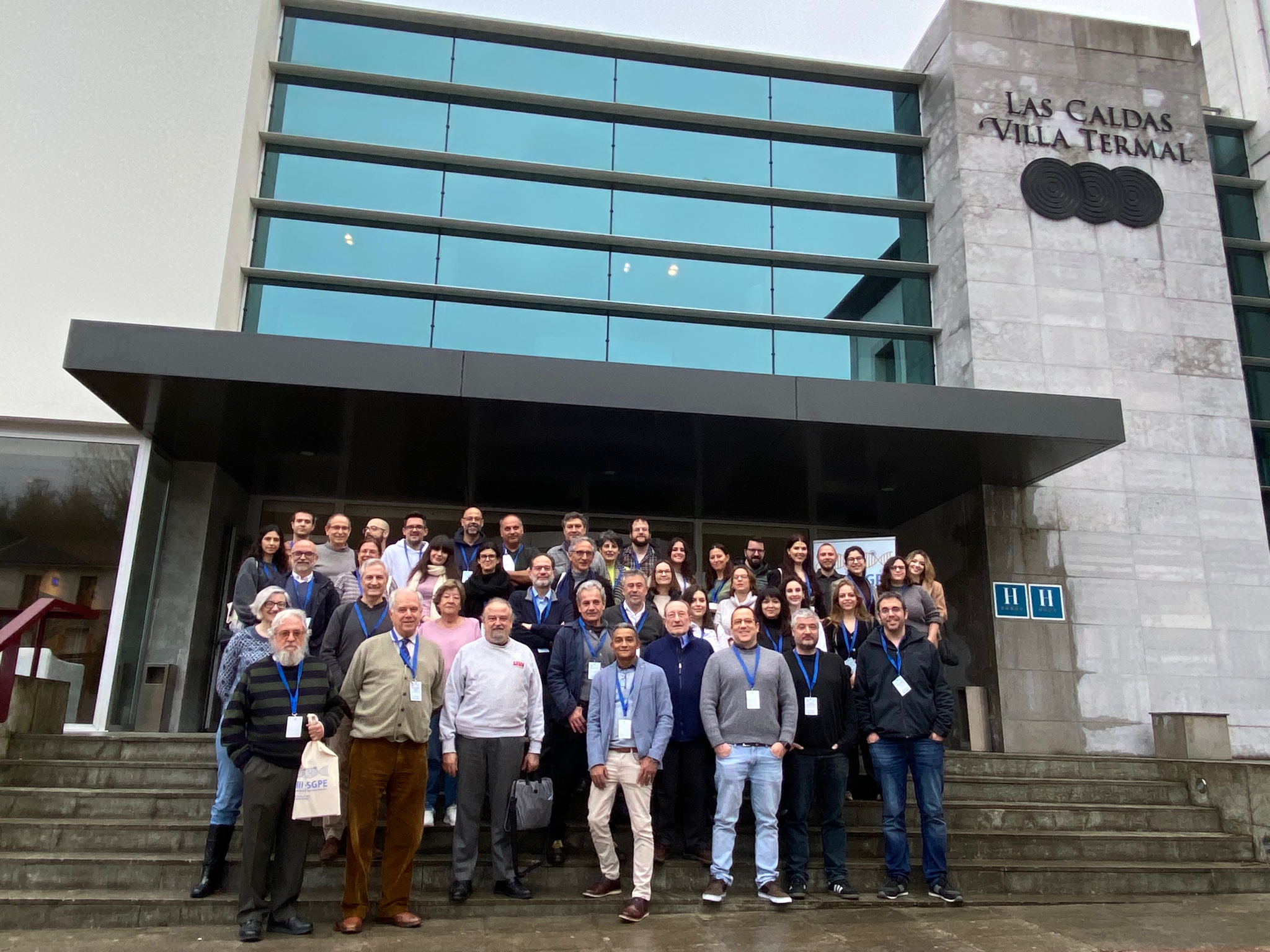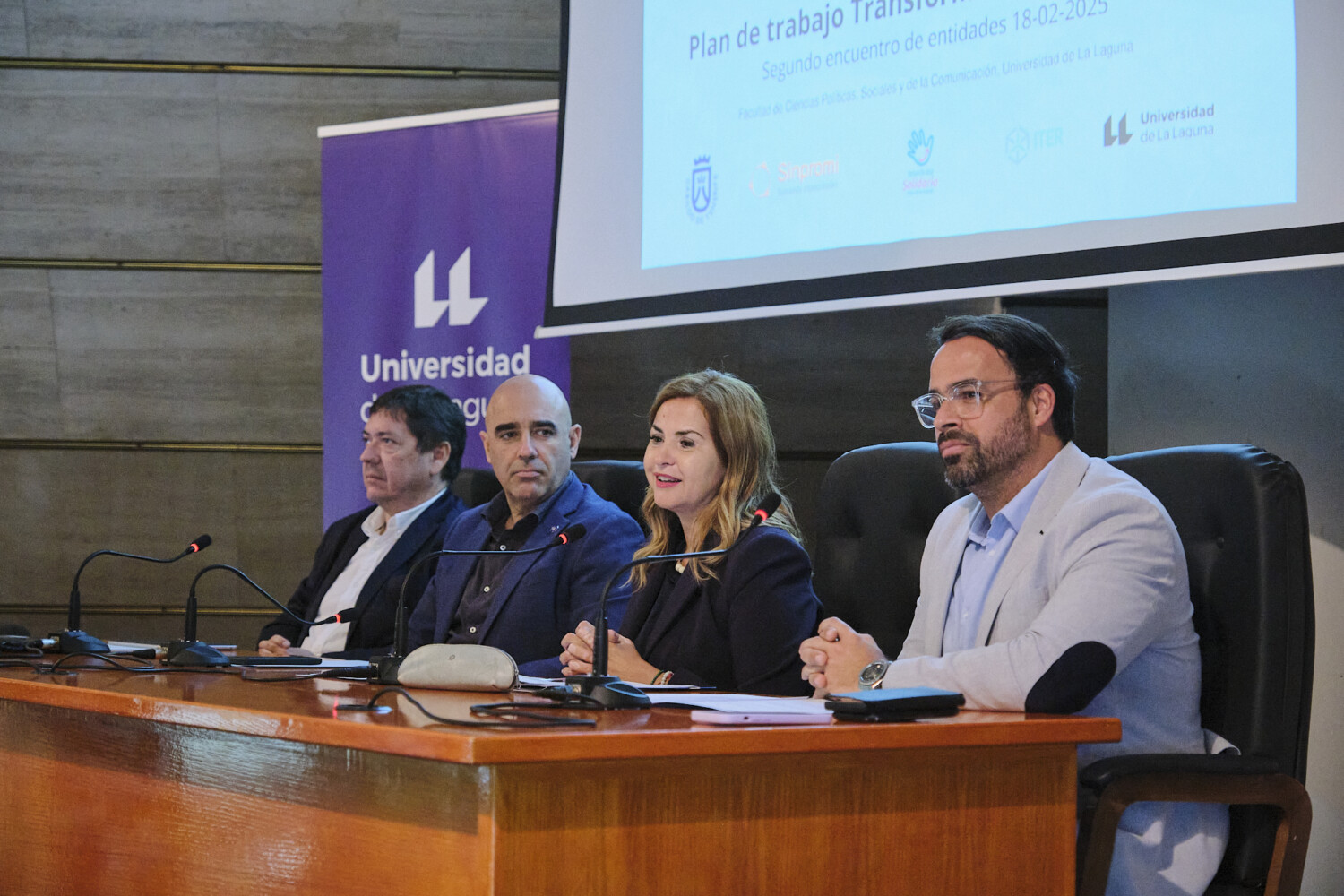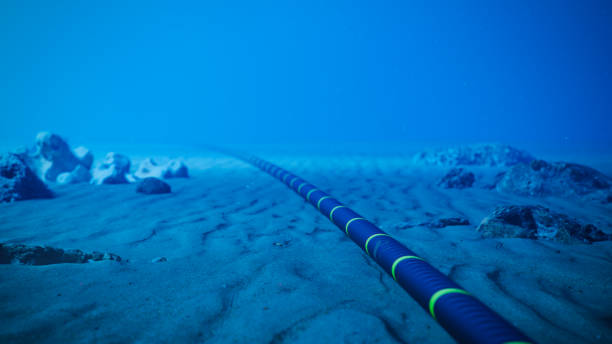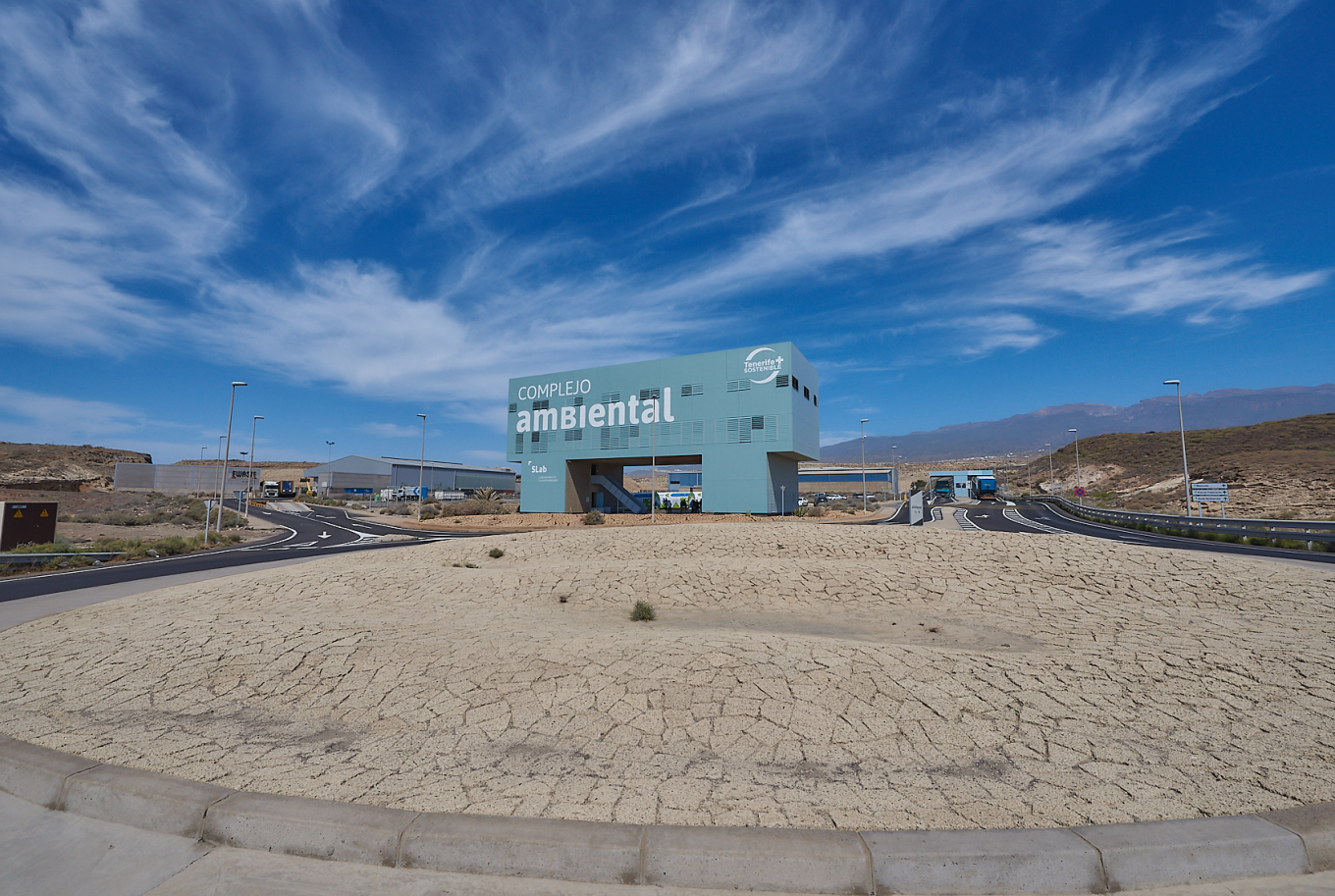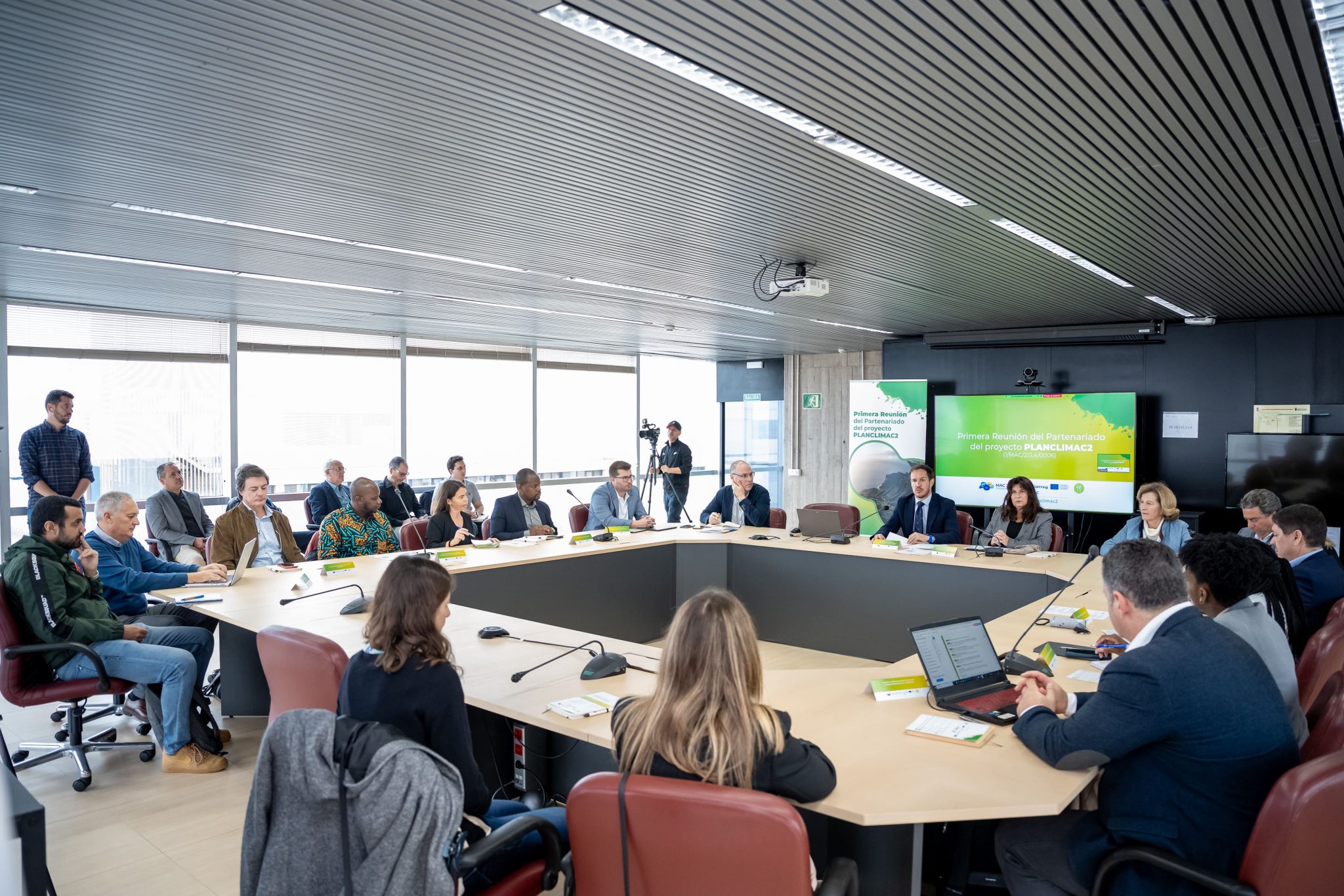The Area’s research team presented 6 scientific papers at this scientific event, which brought together more than 60 national experts in population genetics.
The research staff of the Genomics Area of the Instituto Tecnológico y de Energías Renovables (ITER) participated this year, for the first time, at the Seminar on Population Genetics and EvolutionThis year the research staff of the Genomics Area of the Institute of Technology and Renewable Energies (ITER) participated for the first time in the Seminar on Population Genetics and Evolution, celebrated in its XXIII edition, from January 18 to 20, 2023 in Oviedo (Asturias).
This scientific event, organized by the University of Oviedo and the University of Oviedo Foundation, brought together more than 60 national experts in population genetics and 39 scientific papers were presented focusing on three areas: genetic variation, evolution and genetic improvement.
The scientific papers presented at the seminar by the research staff of the Genomics Area were as follows:
- Analysis of the admixture strata of present-day canaries from whole mitogenome analysis.
- Identification of traces of natural selection and adaptation in the genome of contemporary canaries and biomedical implications.
- Putative signal of positive selection at locus 1q21.3 in the current human population of the Canary Islands.
- Evaluation of tools for de novo assembly of human genomes from third-generation sequencing data.
- Analysis of bioinformatics tools for classification of human mitochondrial haplogroups from massive sequencing data.
- Comparative evaluation of Y chromosome haplogroup classification tools from massive sequencing data.
In the first of these studies, the continental origins of contemporary Canary Islanders have been reconstructed based on the analysis of the mitogenome. This particular study has attracted a great deal of media attention in recent weeks following the publication of the paper in the journal iScience entitled “Digging into the admixture strata of current-day Canary Islanders based on mitogenomes”.
The 2nd and 3rd papers presented recent results related to the study of the traces of natural selection in the genome of the contemporary Canary Island population from massive high-resolution sequencing data and their biomedical implications.
The 4th paper presented an unprecedented comparison of bioinformatics tools used in the de novo assembly (genetic reconstruction performed without using a reference genome) of human genomes from sequencing data obtained with third-generation sequencing technologies, in particular nanopore-based sequencing technologies, also available at ITER.
Finally, the rest of the papers showed several comparisons of bioinformatics tools in use for the classification of both the mitochondrial genome and the Y chromosome from massive sequencing data.
The Population Genetics and Evolution Seminar is the biannual meeting of research staff, teachers and students related to the area of Population Genetics and Evolution. The congress is held every two years and serves to pool knowledge and share the latest scientific results on different areas of genetics.
More information about the XXIII Seminar on Population Genetics and Evolution (SGPE):


